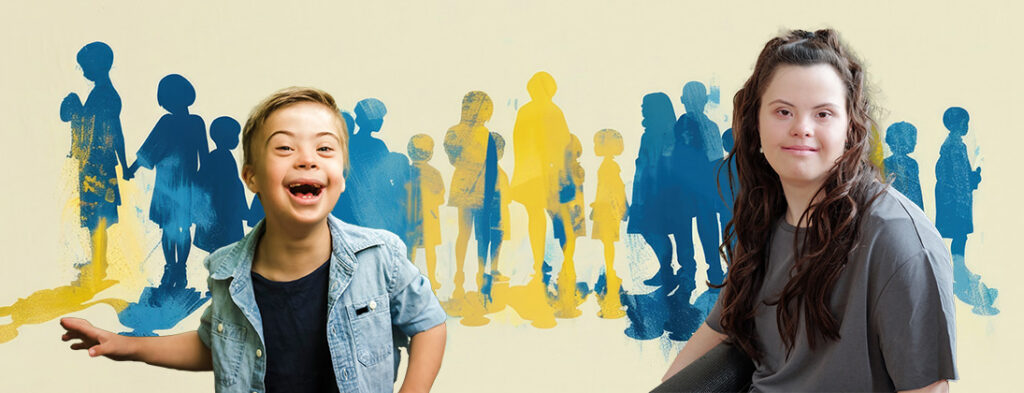Down Syndrome: Developing Differently
Down syndrome is a genetic condition but isn’t hereditary. One in 700 babies is born with Down syndrome. There are three types, with Trisomy 21 being the most common form. Those with the condition can lead healthy lives and engage with the community, despite intellectual limitations.
What is Down Syndrome?
Down syndrome is when someone is born with an extra chromosome. Chromosomes are collections of genes within the body that determine how a baby forms during pregnancy. Throughout development, this extra chromosome will spread in the body.
How Does Down Syndrome Occur?
It occurs as an error when cells divide during the early stages of development of the fetus (National Library of Medicine, 2024). There are three types of Down syndrome: Trisomy 21, Translocation, and Mosaic. The medical name for Down syndrome is Trisomy 21 due to an extra copy of the twenty-first chromosome. The extra chromosome affects how the brain and body develop. Translocation is a copy of chromosome 21 and an additional part or whole attached to a different chromosome. Mosaic is the rarest form of Down syndrome. Mosaic Down syndrome combines cells with three copies of chromosome 21 and other cells with the usual two copies.
How is Down Syndrome Diagnosed?
Diagnostic and screening tests detect Down syndrome during pregnancy. Screening tests explore the risk of the condition but do not provide a complete diagnosis. This test influences the need for a diagnostic test. Diagnostic tests determine if the baby will have Down syndrome but are high risk for the mother and baby.
How Does it Affect the Body?
Those with Down syndrome often have a flattened face, almond-shaped eyes, small ears, and a tongue that tends to stick out of the mouth (Centers for Disease Control, 2023). Individuals with this condition are at higher risk for health problems like poor muscle tone, hypothyroidism, and hearing loss. Surgery, medication, and intervention help symptoms.
How is Down Syndrome Treated?
Those with Down syndrome have a higher risk of health complications compared to those without. “There is no single, standard treatment for Down syndrome. Individuals with Down syndrome can receive proper care living at home and in the community” (National Institute of Health, 2024). Individuals receive treatment according to their strengths and limitations. Early intervention programs involve a team of professionals, including speech therapists, occupational therapists, or physical therapists. Children with Down syndrome can enjoy social activities and lead healthy lives.
Did You Know?
Intellectual disabilities are impairments in cognitive and adaptive functioning. These impairments cause delays in learning skills and the ability to complete everyday tasks. Down syndrome is the most common cause of intellectual disabilities. Echoing Hills commits to creating opportunities for those with intellectual disabilities, including those with Down syndrome. Echoing Hills offers multiple programs for all needs, wants, and abilities.
https://medlineplus.gov/downsyndrome.html
https://www.marchofdimes.org/find-support/topics/planning-baby/down-syndrome
https://www.betterhealth.vic.gov.au/health/conditionsandtreatments/down-syndrome
https://www.psychiatry.org/patients-families/intellectual-disability/what-is-intellectual-disability
https://www.healthline.com/health/down-syndrome/down-syndrome-facts#Living-with-Down-syndrome


